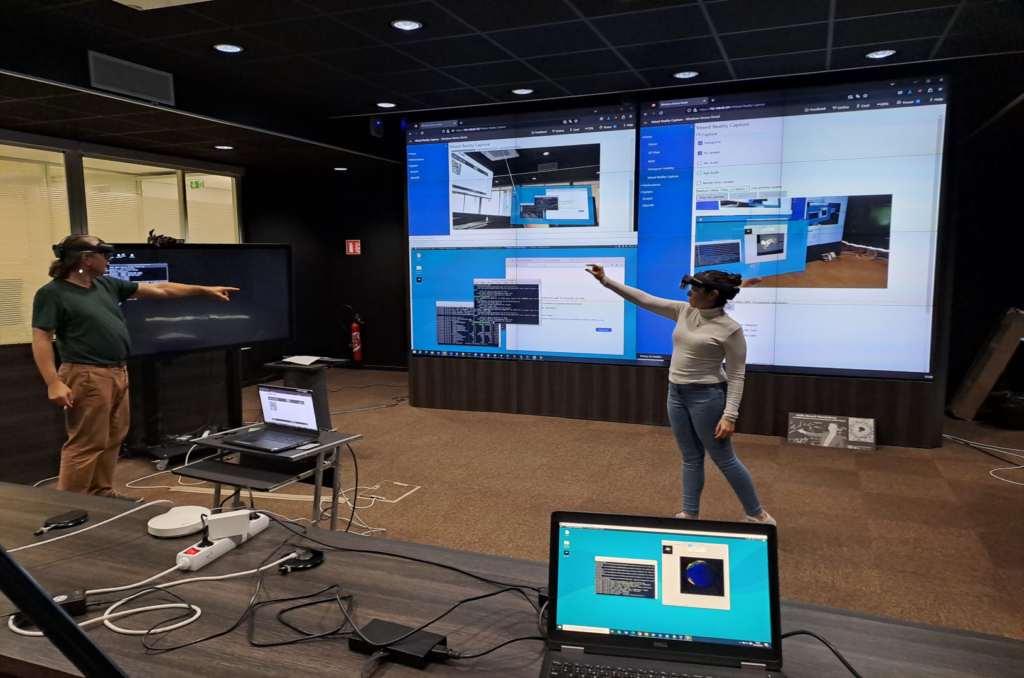Enhancing heat equation Simulations with AI-Driven In-Situ Analysis Using High-Performance Computing
Superviseur : Martial MANCIP, Benoît MARTIN, Yushan WANG
Durée du stage : 6 months (from february 2024)
Langue : french or english
Lieu : Maison de la Simulation, CEA Saclay
Context
This master internship focuses on leveraging Artificial Intelligence (AI) for High-Performance Computing (HPC) simulations in the field of heat equation.
The project aims to integrate AI-based techniques within a heat simulation code to enable in-situ analysis and inference, optimizing the post-treatment process and enhancing its outputs capabilities.
Objective
The primary goal of this internship is to develop and implement an AI-driven methodology within a heat equation simulation framework for real-time heat source detection (so-call event) and labeling in small simulation boxes. These labeled events, represented through 3D renderings or ensembles of 2D slices, will serve as training, validation, and test datasets for the AI model. Subsequently, the trained AI model will be integrated into the DEISA framework available with the simulator to conduct in-situ simulations with enhanced inference capabilities.
DEISA: dask-enabled in situ analytics
https://cea.hal.science/hal-03509198v1
Methodology
Data Generation and Labeling: Use the HPC simulator to create small simulation boxes. Implement algorithms to detect and label one or two specific events within these boxes.
Dataset Preparation: Construct training, validation, and test sets using 3D renderings or 2D slices generated from the labeled events.
AI Model Development: Design and train an AI model, such as Convolutional Neural Networks (CNNs) or Recurrent Neural Networks (RNNs), to recognize and classify events within the simulation data.
Integration with simulator and DEISA:
Implement the AI model within the DEISA framework for in-situ simulations anylisis.
Use the AI model to perform real-time inference during simulation runs.
Expected Outcomes
A labeled dataset of events within small simulation boxes.
Trained AI model capable of accurately detecting and labeling events in simulation data.
Integration of the AI model within the DEISA framework for in-situ simulations with enhanced inference capabilities to be abble to feedback high frequency outputs in the simulation.
Evaluation of the AI’s performance in improving simulation accuracy, efficiency, and predictive capabilities.
We expect to add the use of a feedback process from DEISA to the simulation to switch on high frequency outputs when the AI detects one event and stops them with it has vanished.
Conclusion
The successful implementation of AI techniques within the simulator code for in-situ analysis has the potential to significantly enhance the efficiency of the output production of simulations.
This internship provides a stepping stone towards the integration of cutting-edge AI methodologies with HPC simulations, opening doors for more precise predictions and deeper insights into complex phenomena.
Candidate profil
- Parallel computing
- C++
- Python3
- AI : DL with Tensorflow or Pytorch
How to candidate
Send cover letter and CV to contact@mdls.fr

